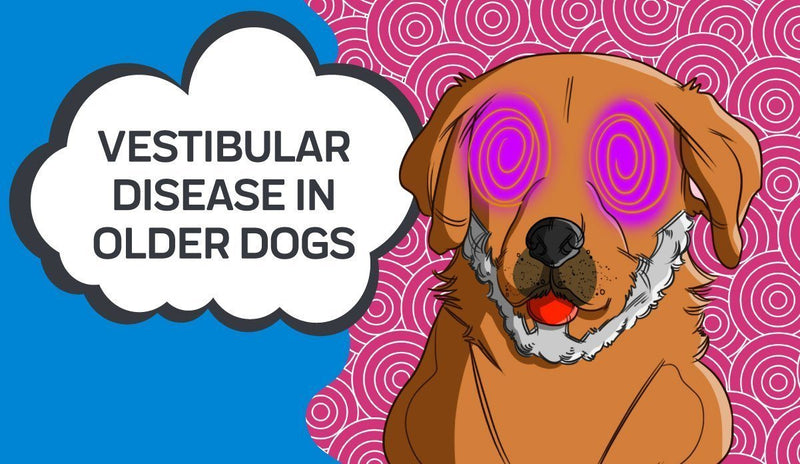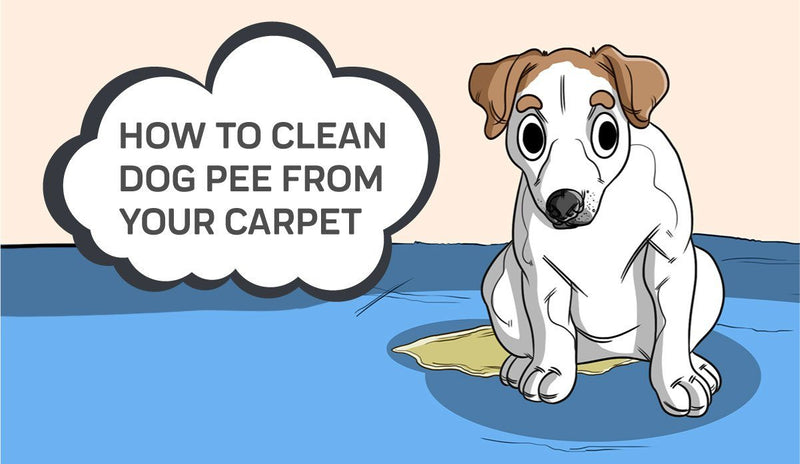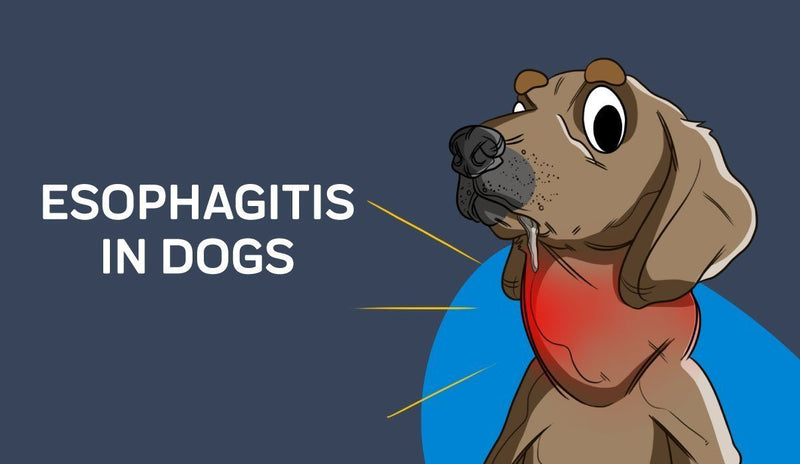Are you looking to form that unbreakable loving bond between your dog and you? Then paying attention to which training methods you're using is critical to your success.
When training dogs, there are two psychological schools of thought.
There is aversive training, which includes positive punishment and negative reinforcement as its two core training techniques — aversive training for dogs has long been one of the most popular training methods since humans first domesticated dogs.
Positive punishment includes aversive methods like yanking on the dog’s leash, yelling at them, and even hitting them. A choke chain collar is a classic example of a tool that's used in aversive training. Negative reinforcement is things like pushing your dog's butt to the ground to sit, and only letting off after they’re sitting still.
On the opposite end of aversive dog training methods, we have reward-based methods, which include positive reinforcement and negative punishment. Positive reinforcement is giving your dog a treat for good behavior, while negative punishment may be something like taking a toy or bone away from them if they are being too rowdy.
“Research published in Applied Animal Behaviour Science by Dr. Ana Vieira de Castro (Universidade do Porto) shows that aversive training can damage the loving bond between you and your pup!”
In this day and age, aversive training puts off many with its more aggressive techniques. Reward-based training is certainly the preferred choice now.
However, it’s important to remember that not too long ago, having a firm hand with your dog was very much the norm, and in many places it still is. Perhaps like me, you grew up during the time when aversive techniques were widely used, and while methods like hitting seem incredibly harsh, a method like raising your voice may seem warranted in some cases. In fact, terms like “calm submissive state” and “pack leader” are frequently being used to draw a disingenuous distinction between harsher and milder techniques.
However, research published in Applied Animal Behaviour Science by Dr. Ana Vieira de Castro (Universidade do Porto) shows that aversive training can damage the loving bond between you and your pup!
The study used the Ainsworth Strange Situation Test, renowned for its use in studying the attachment between infants and toddlers with their parents. Looking at three aspects of attachment — separation distress, maintaining contact, and secure base effect — the study separated dogs into two groups. Dr. Vieira found that while aversive or reward-based training showed no differences between the groups on the first two forms of attachment, these training methods had a big effect on the last one.
When entering a new room with their owners, dogs who were predominantly trained by aversive methods were less play than dogs trained with reward-based ones. They spent less time exploring the room they entered when in the presence of their owner and engaged less in greeting behaviors after their owner left and came back into the room.
The study concludes that aversive training may stunt a dog from feeling secure and free to be themselves when in the presence of their owner. And that while reward-based training may not promote the secure base effect, it’s certainly not hindering it from happening like aversive training can.
This all makes complete sense when you think about it.
First, this same “insecure attachment”, aggressive methods like aversive training create, has long been widely seen in child-parent studies.
Second, aversive training is all about using fear to prevent disobeying. Your dog will never be able to read your mind or even come close to comprehending what they're doing that angers you so much. Especially when you’re overusing these methods, your dog is going to think most things they do anger you.

When it comes to which training method is best for forming that special bond between dog and owner, Dr. Vieira's study shows that reward-based training appears to be the best. And other research backs these results up and have shown the reward-based training is just as effective — if not more so — than aversive training.
For more help training your furchild, check out and stay up to date with our blog at Innovetpet.com.















